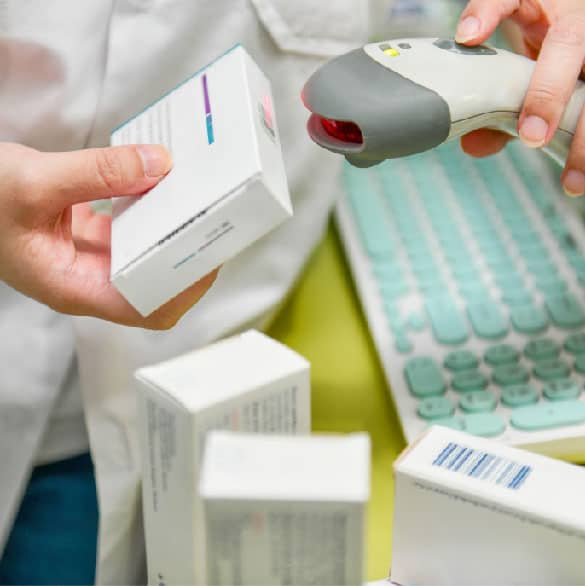What is the No Surprises Act?
The No Surprises Act (NSA) is part of the Consolidated Appropriations Act (CAA) and was signed into law December of 2020. These laws are structured to provide insight and protection to consumers against prescription drug and healthcare spending.
The NSA grants consumers federal protections against unexpected medical bills, prohibits balance-billing for certain out-of-network care, and changes billing and reimbursement processes, while the overall CAA requires federal agencies to issue rules of cost transparency regarding healthcare and prescription coverage.
The No Surprises Act (NSA) transparency requirements
Among the many different transparency requirements, the NSA specifically affects employer-provided health coverage for:
- Health care and prescription drug spending reporting (see prescription drug data collection below for more information)
- An advance explanation of benefits (EOB) requirement
- ID card disclosure requirements for medical and Rx.1
The insurance carriers and PBM’s will have most of the required reporting data and are able to fulfill the reporting on behalf of group health plans. It would be a good idea to contractually delegate reporting to insurance carriers.
Prescription Drug Data Collection (RxDC) of CAA
We know that spending on prescription drugs is rising faster than total spending on health care services. To understand these increases, the government is looking to know more about the inner workings of prescription drug costs.
The CAA is requiring information to be submitted on the following topics:
- Spending on health care services, including prescription drugs. 2
- The prescription drugs that account for the majority of employer and patient cost. 2
- Prescription medications that are prescribed at a frequency greater rate than others. 2
- Prescription drug rebates from manufacturers. 2
- Costs and premiums allocated to patient spending.2
The government is looking to accumulate this data by both insurance companies and employer-based health plans to help call out key indicators and increases in prescription drug and health care spending and to understand how prescription drug rebates impact insurance premiums and out-of-pocket costs.
The deadline for submission is December 27, 2022 and requires a calendar year of reporting for both 2020 and 2021. Having the data in calendar year form will allow for more effective trend comparison and cleaner data. Findings will be published about prescription drug pricing trends and how prescription drug rebates impact patient out of pocket costs. The release date is yet to be determined, but they will be released on the Department of Labor or Department of Treasury’s website.
Contact us to learn more about the No Surprises Act and how it affects your business at https://mmaeast.com/contact/
Sources:
- No Surprises Act: Prescription Drug and Health Care Spending Transparency Rule: com accessed, Aug 31 2022. https://www.marshmma.com/us/insights/details/no-surprises-act-prescription-drug-and-health-care-spending-transparency-rule.html
- Prescription Drug Data Collection (RxDC): CMS.gov accessed Aug 31, 2022. https://www.cms.gov/CCIIO/Programs-and-Initiatives/Other-Insurance-Protections/Prescription-Drug-Data-Collection




